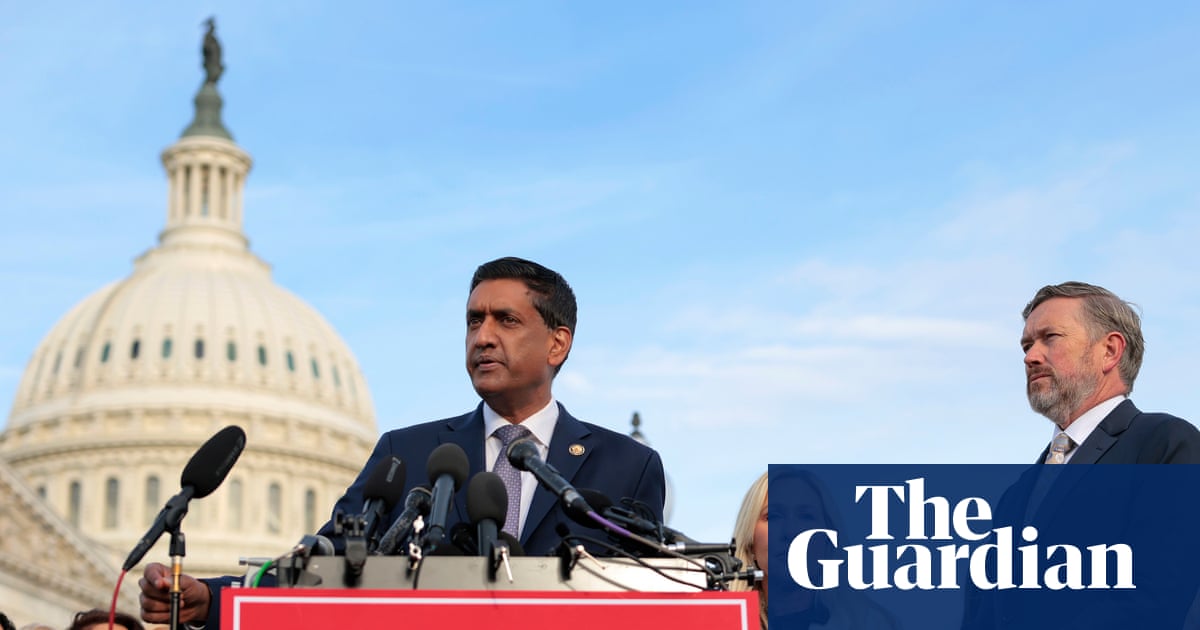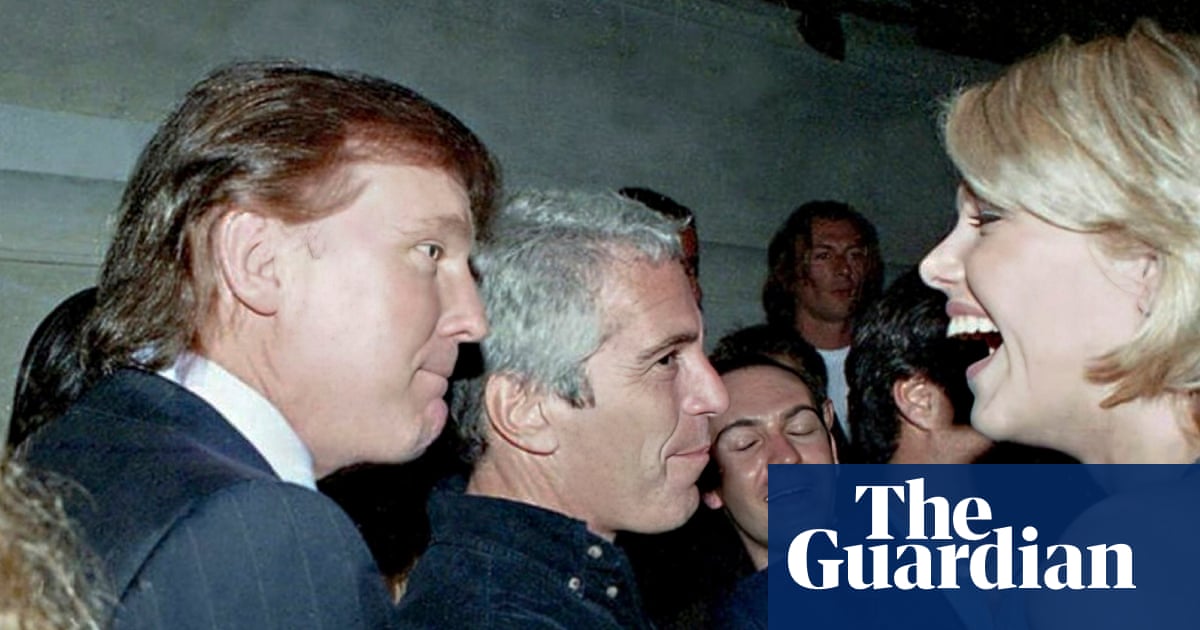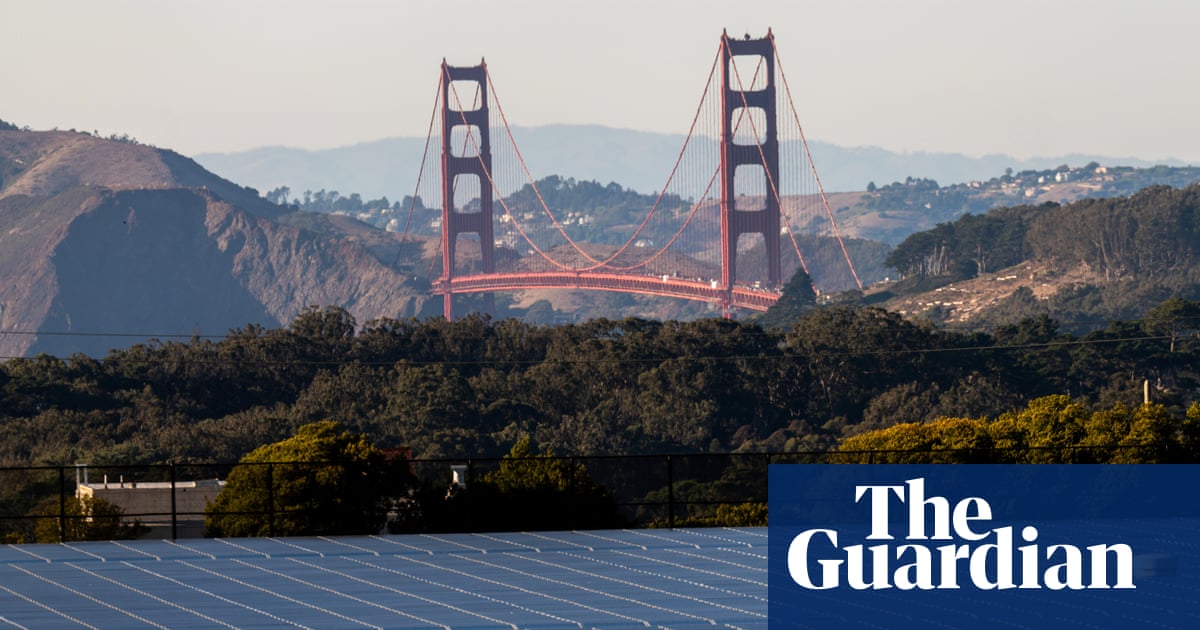ASPEN, COLORADO — Kyrsten Sinema’s old enemies on the left better brace themselves: The former senator is now embracing psychedelics and cozying up to MAHA.
After infuriating progressives time and again for stonewalling their priorities, the Arizona Democrat-turned-Independent decided not to seek reelection last year and instead became a senior adviser at the law and lobbying firm Hogan Lovells. She’s since taken up the cause of psychedelic medicine — pro bono, she says.
Her drug of choice? Ibogaine, a psychedelic derived from an African shrub, and which she went down to Mexico to try for herself. She and other advocates want ibogaine studied in state-funded clinical trials and eventually hope to win Food and Drug Administration approval of the drug as a mental health treatment.
And she thinks now is their chance with President Donald Trump in office.
“We are in this magical, unique time,” Sinema said of Trump’s health department, led by Secretary Robert F. Kennedy Jr., a longtime believer in psychedelics’ potential to help people, particularly veterans, with illnesses like post-traumatic stress disorder and depression.
Sinema was making her remarks earlier this month before roughly 200 attendees at a conference of Americans for Ibogaine, a group co-founded by Rick Perry, the former Texas GOP governor who has made psychedelic medicine advocacy his life’s work after leaving government.
Advocates have had some recent success. Texas GOP Gov. Greg Abbott signed a bill in June that secured $50 million in state funding for ibogaine research. In Arizona, Sinema successfully lobbied Democratic Gov. Katie Hobbs to include $5 million in ibogaine research funding in the state’s budget.
In an interview with POLITICO Magazine at the conference, Sinema noted the crowd included “super conservative people in the room — MAGA, MAHA — and then there’s full-on hippies.”
And like Kennedy’s “Make America Healthy Again” agenda, which also unites odd bedfellows on the right and left, the embrace of ibogaine faces skepticism from many in the medical establishment.
That’s in part because ibogaine poses heart risks and robust research hasn’t been done on its effects. The Drug Enforcement Administration also lists ibogaine on its schedule of drugs with no currently acceptable medical use and a high risk of abuse.
But Sinema’s not one to shy away from controversy, or from courting MAHA forces and Kennedy in particular.
“It’s interesting, because I’ve seen some of my former colleagues really push back hard against his MAHA movement,” she said, before adding, “MAHA is amazing.”
This interview has been edited for length and clarity.
You've made the case that states should work together to seek FDA approval of ibogaine while Trump's president. What's the rush?
This is a disruptive administration. In Trump 1.0, he didn't think he was going to win. When he did win, he gathered all the people around him and they were all normies. He hired all these normal people who'd been in government for a long time and he hated them. So they — pow, pow, pow, pow — dropped like flies.
This time, he knew he was going to win and intentionally built a cabinet of disruptors. There are lots of feelings about that all across the country. But disruption brings opportunity.
Is there an opportunity to get this done in this administration? Heck, yeah. Robert Kennedy is a disruptor and he supports psychedelic medicine. The possibility is ripe in this administration and we should strike while the iron is hot.
Are you talking with Kennedy about psychedelic medicine?
Oh yeah. We're close.
What are those conversations like?
I'm not going to tell you that. That's not my thing.
How do you think the left will respond if Kennedy makes psychedelic medicine part of his MAHA agenda?
It's interesting, because I've seen some of my former colleagues really push back hard against his MAHA movement.
MAHA is amazing.
Do we want food with fewer chemicals in it? Yeah. Do we want to know where our food came from? Yeah. Do we want to get rid of toxic dyes in our food? Yeah. How is this controversial?
When Michelle Obama was first lady, her initiative was about healthy food.
I'm hearing more pushback from doctors and medical groups in blue states who oppose funding for ibogaine research than in red ones. What do you make of that?
I want to be careful not to oversimplify this and say blue states vs. red states.
How did we get it passed in Arizona so quickly? Relationships. I know all of them and they trust me. In Arizona, the testimony in our House and Senate appropriations committee was me, plus conservative veterans. That was it.
The opposition that we faced in Arizona, which was minimal, was a couple of Freedom Caucus-type folks who don't want to spend government money on anything, which I totally respect and honor. I have no beef with that. I get it.
And then the far left, who I think just doesn't like me.
I don't think of psychedelics as a conservative issue.
You don't?
Recently, yes. Traditionally, no.
What you just said is hitting the nail on the head.
Historically, I think you saw psychedelics — not necessarily psychedelic medicine — but psychedelics, dominated by the hippie left.
Psychedelic medicine as a treatment for disorders is important to many people on the right. I want to be clear, the reason is not because it's psychedelics — it's because nothing else works.
When you hear many conservatives talk about their first experience with psychedelics, they usually start with: “Hey, I’m conservative. I’m Christian. I think drugs are bad. Then I learned about this and I was like, ‘Oh, this is different.’”
In a conservative's brain, psychedelics are not a drug. They are a medicine. In the old-school left psychedelic movement, they're seen as a drug. That drug has healing properties, but it also has other properties that they celebrate that are not just medicine.
I think what you might be seeing from mainstream blue communities is concern about looking like weirdo, hippie lefties if they support psychedelics. It also might be a commitment to mainstream medicine. It also could be, politically speaking, skepticism if conservatives like it.
Veterans Affairs Secretary Doug Collins has emerged as an unexpected Trump administration champion of psychedelic medicine. Did you introduce Collins to ibogaine as a mental health treatment? Had he heard of it?
He'd not heard of it. He'd not even heard of psychedelic medicine.
Doug and I came into Congress together in '12. Doug and Tulsi [Gabbard] and I were all in the same class. As soon as Doug got nominated, I texted him and I was like, “I want to help you get confirmed and also I need to talk to you about psychedelic medicine.” He had never heard of it. He was skeptical at first. He's a conservative pastor from Georgia. Then he met with some veterans and he saw the science and as you've heard, he's the most vocal person in the administration in favor of psychedelic medicine.
Kennedy, Collins — that's two secretaries. That's a big deal. Have we ever had that before? No, we have not. The opportunity is ripe. Not only do you have two secretaries who are in favor, but you have an administration that's interested in disrupting the old-school processes.
Doug was saying to me the VA has been pouring money into suicide prevention. The pamphlets, the hotlines, it's not working.
What did blue state representatives think of your advice to capitalize on Trump's cabinet of health disruptors?
Someone came up to me at dinner last night and said he appreciated my remarks about the opportunity during this time. It was a very progressive state legislator from Vermont. He said to me, “I'm of the Bernie Sanders school.” I said, “Excellent.”
But we had a really good conversation. He said he really appreciated that frame, because it allows him to see this administration from a different perspective than the one he holds every day.
He had a lot of distress. He still does. But that was one of the points I tried to make: Whether you're delighted with this administration or whether you're horrified by this administration, I'm going to leave all of that to the side, and just say, “Here’s an opportunity. You leave it or you take it. Let’s go.”
You traveled to Mexico this spring for ibogaine treatment after seeing your grandmother's experience with dementia. What was that like?
It's not a fun medicine. My experience was 15 hours long. That's a long time. There was a noise in my head for the entire 15 hours that sounded like a little machine clunking around. Clunk clunk clunk clunk clunk.
Some people say they hear a buzzing noise, I didn't have that. It felt like there was a machine working inside my head for 15 hours. It wasn't pleasant, but I just thought, “Well, this is what you asked for, so buckle up.”
Would you do ibogaine again?
I don't really want to. But will I? Yeah, for my brain. I have a very sharp memory, but my number one fear in life is losing it. My mind is my favorite thing about me. It's what makes me who I am. I would like to keep it.
What does your brain feel like now?
Crystal-clear. Sharp, sharp is the word. My brain feels snappy.

 German (DE)
German (DE)  English (US)
English (US)  Spanish (ES)
Spanish (ES)  French (FR)
French (FR)  Hindi (IN)
Hindi (IN)  Italian (IT)
Italian (IT)  Russian (RU)
Russian (RU) 























Comments